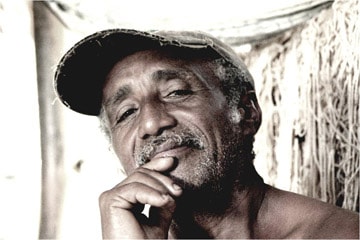
In this piece, the BRC talks about the process of rulemaking thus far:
At the same time, after attending both the National Science Forums and participating in the first National Roundtable in Washington, DC, Mumm did have concerns that some segments of science may be missing from the analysis.
“I came away from the Science Forums feeling it was top-heavy with biological/ecological science and lacking data from the social/economic science side of the issue.”
Mumm concluded,
“In the end, this Planning Rule will have a dramatic affect on a great many communities across this country and I would encourage the Forest Service to broaden the science they are looking to ‘underpin’ the making of it with. ‘Science’ is a method of inquiry-not a static body of knowledge. Human communities are an undeniable part of the natural environment and more than just narrow perspectives on ‘hard’ science need to be part of this equation.”
This piece reminds us that individual disciplines have their own scientific procedures that they determine to be “the best science,” and there is no scientific way of determining which disciplines to include, nor how many, nor a metascientific discipline with agreed upon rules of inquiry. And of course, there is scientist to scientist variation within discipline. And interpersonal dynamics in committees of scientists. It’s a bountiful, diverse and wonderful community of scientific communities out there.


